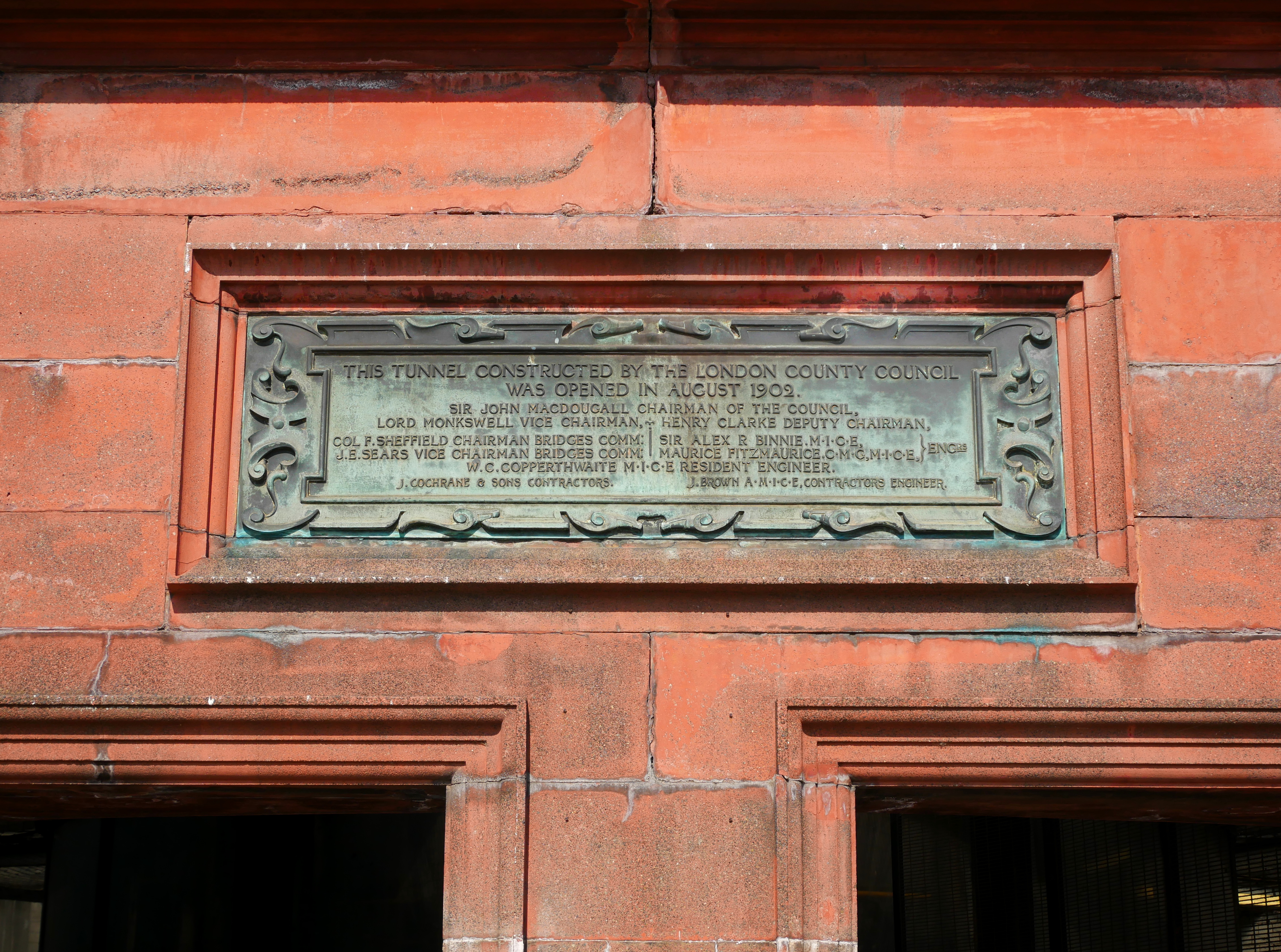John McDougall (British Politician) on:
[Wikipedia]
[Google]
[Amazon]
Sir John McDougall (3 March 1844 – 8 May 1917) was an English businessman (associated with the McDougall flour-milling company) and an east London politician who chaired
 McDougall was one of five sons of
McDougall was one of five sons of
London County Council
London County Council (LCC) was the principal local government body for the County of London throughout its existence from 1889 to 1965, and the first London-wide general municipal authority to be directly elected. It covered the area today kno ...
for a year from March 1902.
Career
 McDougall was one of five sons of
McDougall was one of five sons of Manchester
Manchester () is a city in Greater Manchester, England. It had a population of 552,000 in 2021. It is bordered by the Cheshire Plain to the south, the Pennines to the north and east, and the neighbouring city of City of Salford, Salford to ...
flour merchant Alexander McDougall, who, in 1845, set up as a manufacturing chemist, and in 1864 recruited his sons into the business. John McDougall, who became a Fellow of the Chemical Society
The Chemical Society was a scientific society formed in 1841 (then named the Chemical Society of London) by 77 scientists as a result of increased interest in scientific matters. Chemist Robert Warington was the driving force behind its creation.
...
, helped establish and grow the family's flour business in London, including construction in 1869 of the first Wheatsheaf Mill on the southern quay of the Millwall Outer Dock; from 1879, this became the place for manufacture of McDougalls self-raising flour
Flour is a powder made by grinding raw grains, roots, beans, nuts, or seeds. Flours are used to make many different foods. Cereal flour, particularly wheat flour, is the main ingredient of bread, which is a staple food for many cultur ...
. In 1899 the original mill was burnt down, but was rebuilt in 1901.
John McDougall and his brothers had been encouraged by their father to engage in charitable activities, and John eventually left the family business in 1888 to become a local councillor, focusing in particular on lunatic asylums and drains.
He was a member of the Progressive Party and was elected to London County Council, representing - with Will Crooks
William Crooks (6 April 1852 – 5 June 1921) was a noted trade unionist and politician from Poplar, London, and a member of the Fabian Society. He is particularly remembered for his campaigning work against poverty and inequality.
Early life
...
- the Tower Hamlets
The London Borough of Tower Hamlets is a London borough covering much of the traditional East End. It was formed in 1965 from the merger of the former metropolitan boroughs of Stepney, Poplar, and Bethnal Green. 'Tower Hamlets' was originall ...
district of Poplar from 1889 to 1913. He was elected chairman of the LCC 1902-03, and, on 26 June 1902, it was announced he would be knighted as part of the Coronation Honours of King Edward VII
Edward VII (Albert Edward; 9 November 1841 – 6 May 1910) was King of the United Kingdom of Great Britain and Ireland and Emperor of India, from 22 January 1901 until his death in 1910.
The second child and eldest son of Queen Victoria a ...
, the knighthood being conferred in a ceremony on 24 October 1902.
He was also a prominent figure in Wesleyan
Wesleyan theology, otherwise known as Wesleyan–Arminianism, Arminian theology, or Methodist theology, is a Christian theology, theological tradition in Protestant Christianity based upon the Christian ministry, ministry of the 18th-century eva ...
Methodism, participating in a 1903 meeting announcing that London's Royal Aquarium
The Royal Aquarium and Winter Garden was a place of amusement in Westminster, London. It opened in 1876, and the building was demolished in 1903. The attraction was located northwest of Westminster Abbey on Tothill Street. The building was design ...
would become the home of Wesleyanism in Great Britain.
Family
McDougall married twice. His second wife was Ellen Mary Lidgett, with whom he had a sonFrank Lidgett McDougall
Frank Lidgett McDougall (1884–1958) was a British-born Australian farmer and economic adviser, now best known for his part in the foundation of the Food and Agriculture Organization.
Early life
He was the son of John McDougall, a Wesleyan Met ...
(born in Greenwich, 16 April 1884 - died 1958) who became an Australian public servant and economist.
Legacy
Sir John McDougall Gardens, on the west side of the Isle of Dogs, is named after him and located close to the site of the family's flour mills, the Wheatsheaf Mill, demolished in 1980. The McDougall's company merged withHovis
Hovis Ltd is a British company that produces flour and bread. The brand originated in Stoke-on-Trent and was first mass-produced in Macclesfield, Cheshire, in 1886. It became part of Rank Hovis McDougall (RHM) in 1962 after a succession of mer ...
in 1957. Five years later, in 1962, Hovis-McDougall merged with Rank Ltd to form Rank Hovis McDougall
RHM plc, formerly Rank Hovis McDougall, was a United Kingdom food business. The company owned numerous brands, particularly for flour, where its core business started, and for consumer food products. It was listed on the London Stock Exchange an ...
, now known as RHM - today part of Premier Foods
Premier Foods plc is a British food manufacturer headquartered in St Albans, Hertfordshire. The group owns many well-known brands, including Mr Kipling, Ambrosia, Bird's Custard, Angel Delight, Homepride cooking sauces, Lyons, Sharwood's, Loy ...
.
References
{{DEFAULTSORT:McDougall, John 1844 births 1917 deaths Knights Bachelor People from Poplar, London Progressive Party (London) politicians Members of London County Council